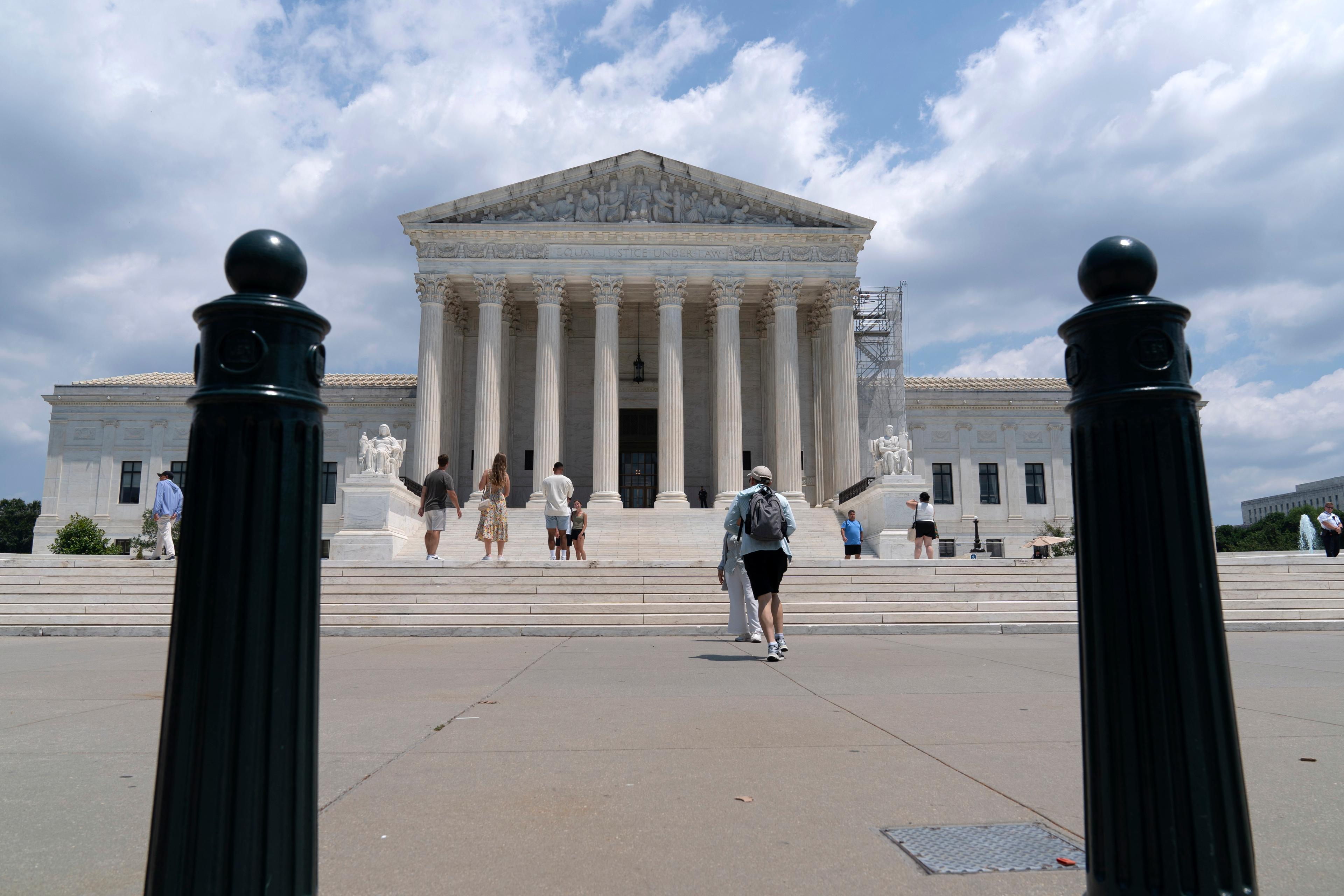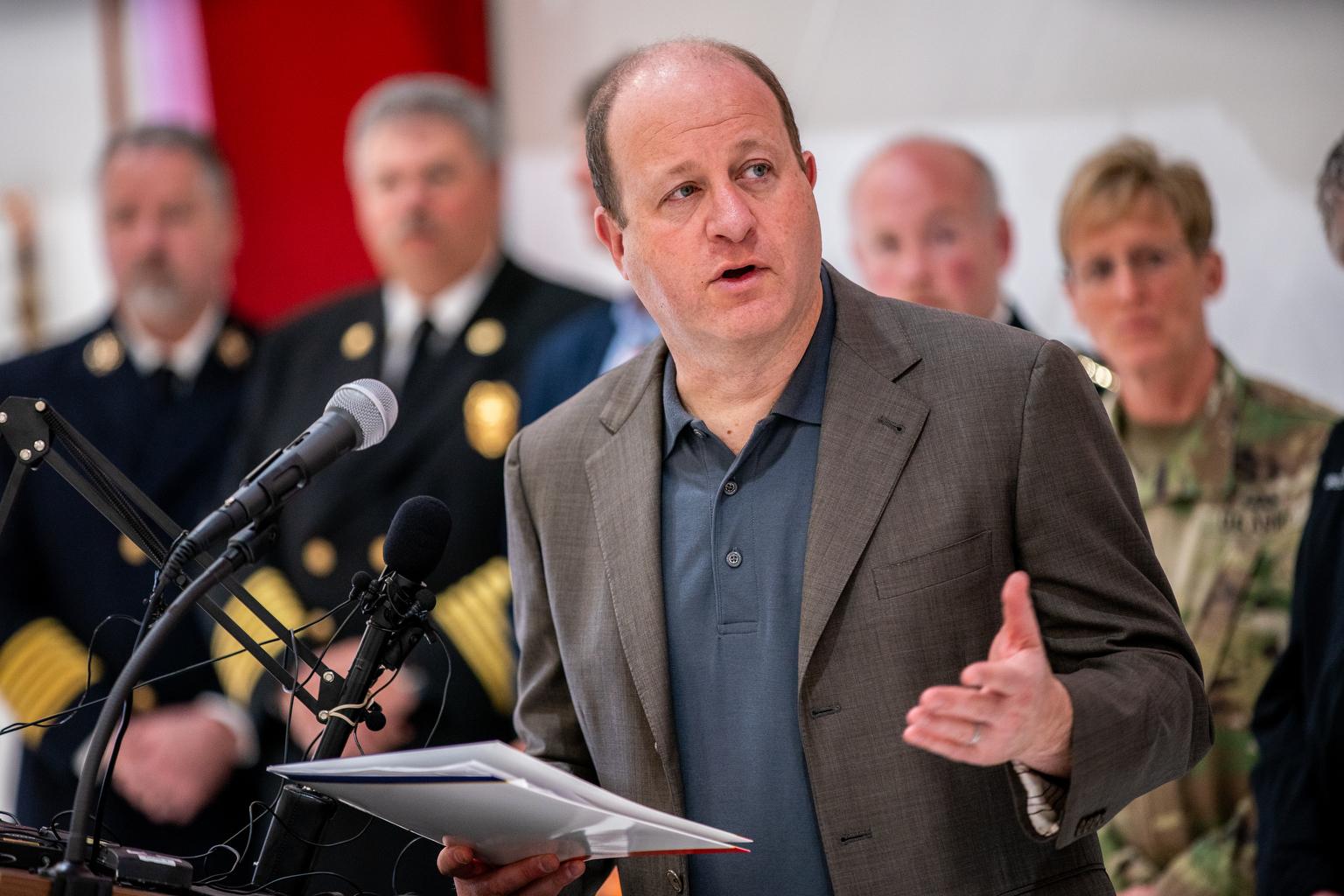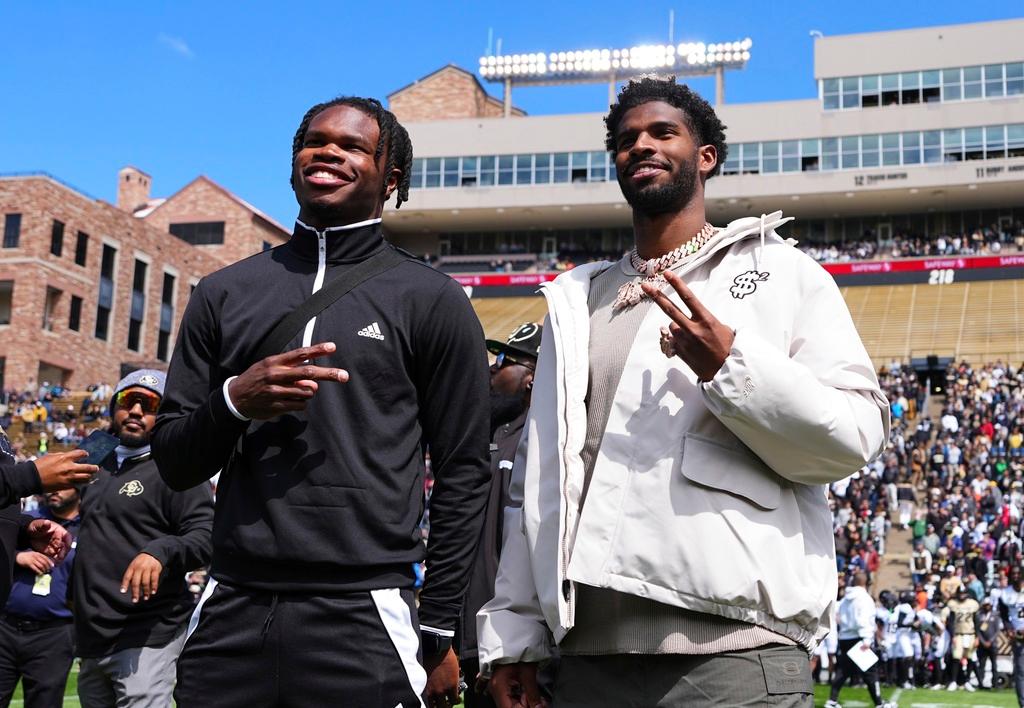
The U.S. Supreme Court regularly takes up cases with the power to change the nation - desegregating schools, providing defense lawyers for the poor, legalizing same sex marriage, that sort of thing - so the case of Colorado’s Hugo Monsalvo Velazquez didn’t generate much buzz outside of immigration law circles when it was decided this week.
But while Monsalvo Velazquez v Bondi, Attorney General may not have broad implications beyond some specifically-timed cases, for Velazquez it could mean the difference between permanent banishment from the U.S. and a chance to one day return to the country legally.
Velazquez, who is referred to as Monsalvo in the court record, was born in Mexico and entered the United States without permission as a teenager about 20 years ago. He has been living in Colorado. He’s attended high school, some college and is married. He has two American-born kids. He owns a small business and lived outside of Denver, according to court documents.
In 2011, the government started immigration proceedings to deport Velazquez. He didn’t dispute that he entered the country without authorization but he asked the government to suspend its removal efforts due to a fear of persecution if he returned to Mexico.
Eight years later, an immigration judge rejected that claim of persecution but found Velazquez eligible for “voluntary departure,” which means he got 60 days to leave the country.
And, as it happened, the 60th day fell on a Saturday. So the judge extended it to the following Monday.
Velazquez appealed the denial of his persecution claim to the Board of Immigration Appeals. They, too, rejected his argument and gave him another 60 days to voluntarily leave the country. The Board also warned that he’d face serious penalties if he overstayed the deadline, according to the court opinion.
Velazquez was ordered to leave the country no later than Dec. 11, 2021. As it turned out, that was also a Saturday. But this time, the judge did not say anything about extending the date to the following Monday.
One day before that Oct. 11 deadline, his lawyers filed a motion to reopen the case, which would have halted the countdown. But it wasn’t until the following Monday, Dec. 13, 2021, that the Board accepted the motion for filing.
They ultimately denied the motion to reopen, in part, because they said it “arrived too late,” the court said.
The board then issued a removal order. A deportation on his record would have made it all but impossible for Velazquez to re-enter the U.S. legally in the future.
So, even if the motion by his lawyers wasn’t considered filed until Dec. 13, did Velazquez still beat the deadline?
At first, it was up to the 10th U.S. Circuit Court of Appeals. That court ruled that Velazquez’s voluntary-departure deadline expired on Saturday, Dec. 11.
Not so fast.
The U.S. Supreme Court this week, in an opinion authored by Justice Neil Gorsuch and joined by five others, disagreed and reversed that decision. They found that the 60-day voluntary departure deadline extends to the next business day if it falls on a weekend or legal holiday.
“The way we see it … the deadline works like others found in (immigration law) and so many others in immigration law,” Gorsuch wrote. “Here, as elsewhere, the term “days” operates to extend a deadline that falls on a weekend or legal holiday to the next business day.”
Justices Samuel Alito and Clarence Thomas dissented and Justice Brett Kavanaugh joined Alito in part on dissenting.
One of Velazquez’s attorneys, David Zimmer, said the main implication of the decision is that the man is “no longer subject to the statutory penalties for failure to voluntarily depart.”
“Those penalties were severe,” Zimmer said. “Among other things, they make it much harder to re-enter the country once you have left.”
It also means that, theoretically, anyone who is ordered to leave by a Saturday or Sunday, can remain until the next Monday.
“Who is right on this question of statutory interpretation matters greatly to people like Mr. Monsalvo,” Gorsuch wrote. “Not only does it affect the time one may have to reopen immigration proceedings, it also affects an individual’s exposure to detention, removal and fines, and carries with it serious ramifications for his ability to seek lawful status.”
What it doesn’t do is change the fact that Velazquez is ordered to leave the country.
Zimmer and another one of Velazquez’s attorneys, Jaime Santos, did not respond to an inquiry about where Velazquez is now and whether he voluntarily left the U.S.









